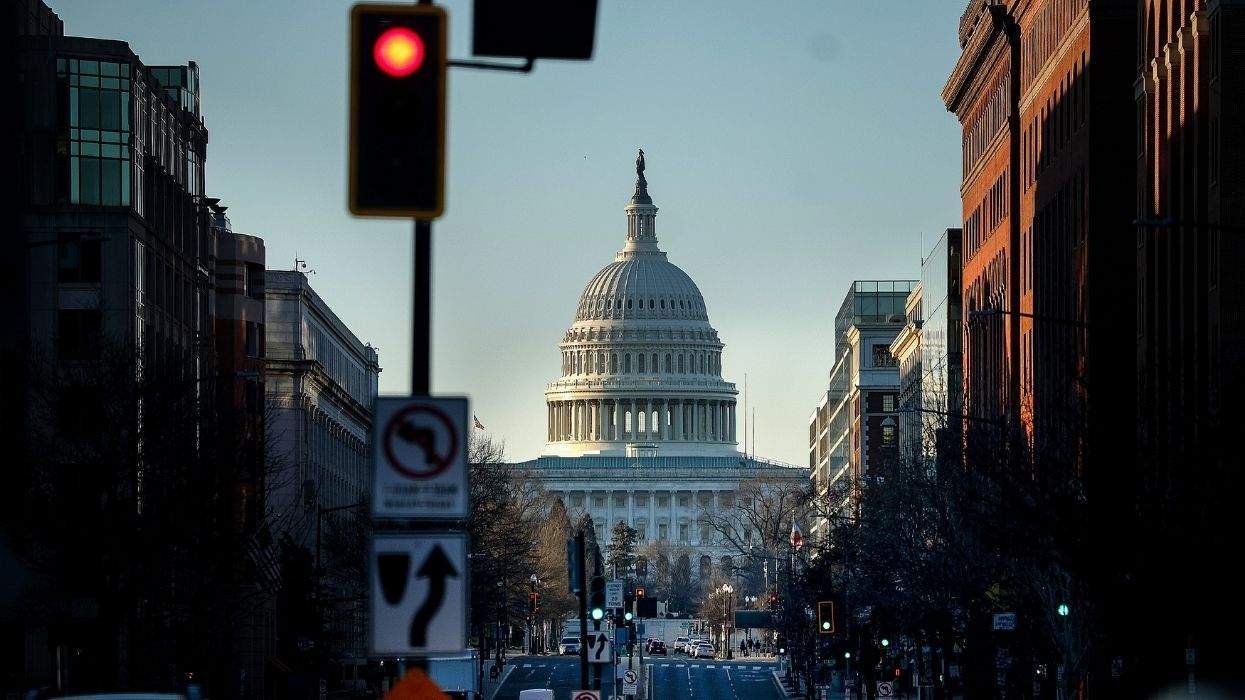I was reading Michael Levine's commentary on why gay pride celebrations are bad for our image [in the June 6 print issue of The Advocate], and I must say I couldn't disagree more. Let me tell you how I come to this conclusion.
First, I have been practicing public relations for more than 25 years. I have had the honor and privilege of representing nearly every major LGBT organization in the United States, including Christopher Street West, the group behind Los Angeles's gay pride celebration. I have participated in the parade as its publicist, as an honoree (Gay Businessman of the Year), as a marcher, and as a spectator.
You can't discuss the public implications of gay pride without understanding a historical perspective. Thirty years ago, when these celebrations were in their infancy, our community was invisible. I repeat, invisible. Mainstream news organizations did not cover our community; our civil rights struggles had no legitimacy; and if we were covered, it usually focused on negative or stereotypical images.
The gay pride parades were our moment. Our earliest pioneers stood in public and said, "I'm here, I'm queer, get used to it." While that wasn't the language they used, necessarily, it was certainly the spirit in which the parades were presented.
Now, when we march down Santa Monica Boulevard in West Hollywood, Calif.--a city where the majority of the elected officials are openly gay--it's easy to forget that what has become an afternoon celebration was once an act of remarkable courage.
And who were our earliest heroes? They were the very members of our community who had no choice but to be out--the butchest lesbians and the most effeminate men; leather enthusiasts; and our political pioneers.
We have grown and matured as a community, and our parades now present a much more diverse cross section of our population. But at the beginning it was the few and the proud, and all of us should be deeply indebted to those who talked the talk and walked the walk. Without their efforts, we would not be where we are today.
The second point I need to make is that gay pride celebrations were not created for the media. They were created for us. They bring us together in droves, and they inspire a sense of community. No one can go to a gay pride parade and not be amazed at the numbers and the diversity of our people and not feel a sense of kinship and community.
One of the most moving moments of my entire life was marching in the parade with my parents in the PFLAG contingent. The cheering was amazing. My mother started crying and said, "This must be what if feels like to win Wimbledon."
Attendance has changed at parades. Thousands of our straight friends now join us, not to gawk or hold up signs telling us we're going to hell, but to share our celebration and party They know that without gay people, parades wouldn't exist. In fact, parties probably wouldn't exist. And if they did, the partygoers would be poorly dressed, the food and decor would suck, and the whole event would be bo-o-oring.
I'm not ignorant of the points that Mr. Levine was trying to make. It does seem that the media likes to focus on Dykes on Bikes and Tom of Finland-esque men in harnesses and leather jockstraps.
Do the mainstream media need to present a more accurate and balanced picture of our community? Of course they do. They need to get away from the stereotypes and take a more balanced look at every community, not just ours. It's hard to do this in a 90-second news story, but we have to keep pressure on them to show realistic and positive portrayals of us--a lesbian firefighter, gay parents with an HIV+ child, or a transgender teacher sharing textbook and life lessons with children.
When I was doing PR for Christopher Street West, I used to take the media to the kitchen cabinet refinishing booth to show them that we're just as boring as the rest of the world. But I never denied our more flamboyant brothers and sisters--they are us, and they have as rightful a place in our community as a Log Cabin Republican in a Brooks Brothers suit.
Even more justified, in my mind.















